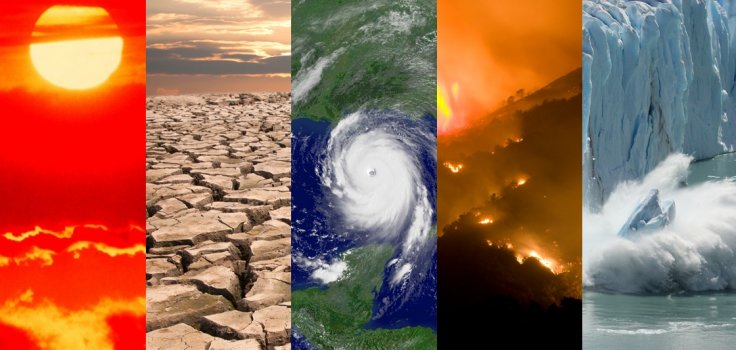Alaska's marine ecosystem experienced 'sudden and dramatic shift' due to climate change, say scientists, who had studied the local environmental and biological changes over the last few years.
In a paper published in the journal Nature, scientists said 2017 showed signs of "a sudden and dramatic shift," with ecological changes which made sudden shift from from the previous years. This shift could have a major impact on the region in terms of affecting subsistence farming being followed by local populations and shrinking their commercial fishing operations.
Changes in 2018, 19 persist
"Many changes persisted in 2018 and even into 2019, suggesting that 2017 was not a passing oddity of brief consequence to social-ecological systems, but a sign of what is to come."
The Alaska region is home to millions of nesting and migratory seabirds in summer and autumn, with hotspots of foraging activity shared with marine mammals, supporting coastal indigenous communities.

The highly productive northern Bering and Chukchi marine shelf ecosystem has long been dominated by strong seasonality in sea-ice and water temperatures, noted researchers saying that extreme warm conditions from 2017 into 2019—including loss of ice cover across portions of the region in all three winters—were a marked change even from other recent warm years.
Altering ecosystem
Biological indicators suggest that this change of state could alter ecosystem structure and function. Here, we report observations of key physical drivers, biological responses and consequences for humans, including subsistence hunting, commercial fishing and industrial shipping.
"We consider whether observed state changes are indicative of future norms, whether an ecosystem transformation is already underway and, if so, whether shifts are synchronously functional and system wide or reveal a slower cascade of changes from the physical environment through the food web to human society," wrote researchers in their paper.
Understanding of this observed process of ecosystem reorganization may shed light on transformations occurring elsewhere, they hoped.









